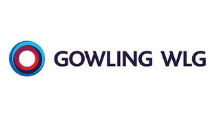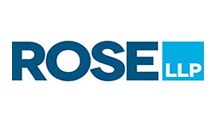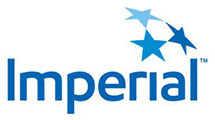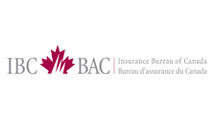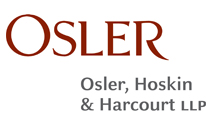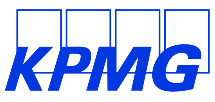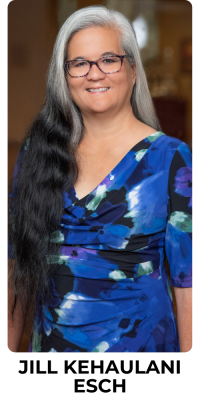 Descriptions des sessions IAMC 2022 ;
Descriptions des sessions IAMC 2022 ;
Médiateurs, réconciliation et règlement des différends
Gatineau, Quebec • 20 october, 2022 – 10h45
Panel Chair: David Paradiso, Deputy Ombudsperson of British Columbia
Panel: Jay Chalke, Ombudsperson of British Columbia, Colette Langlois, Ombud of Northwest Territories, Paul Dubé, Ombudsman of Ontario, Jill Kehaulani Esch, Ombudsperson for American Indian Families, Minnesota, US (appearing virtually)
DESCRIPTION:
The panel will discuss the approach in four jurisdictions to address these challenges and improve services and support Reconciliation. Ombuds offices in North America offer a unique approach to the challenge of holding governments to account for injustices encountered by Indigenous people. The flex, low, or no cost confidential resolution focus of ombuds can facilitate accountability, transparency, and dispute resolution. However, challenges, exist in effectively serving Indigenous communities, including low awareness, issues of trust, statutory limitations and adherence to existing processes.
INSCRIVEZ-VOUS DÈS AUJOURD’HUI !
BIO:
Jill Kehaulani (Kay-HOW-La-Knee) Esch is Native Hawaiian and was born and raised in Hawaii. She is a graduate of the University of Hawaii at Manoa. In 2000, she and her husband moved from Hawaii to Minnesota so that she could attend William Mitchell College of Law, now known as Mitchell Hamline School of Law. In 2013, she was appointed the Ombudsperson for American Indian Families and was reappointed the Ombudsperson in 2021, when the Minnesota Legislature created a new independent agency, the Office of Ombudsperson for American Indian Families. This new agency is the first state agency of its kind in the United States of America. https://mn.gov/oaif/
Previous to her current job, Jill worked in a small Hawaii law firm for 24 years; after law school, she was a judicial law clerk to Judge John Q. McShane and an associate attorney in Duluth for several years. She is an active member of the National Indian Child Welfare Association (NICWA); in 2017, she received its Member of the Year Award. Since 2017, Jill has served as Co-Chair of the Children and Families Chapter for the United States Ombudsman Association (USOA). Since 2000, Jill has been a member of the Minnesota American Indian Bar Association and was instrumental in having the Association’s By-Laws amended to allow Native Hawaiians to be admitted as regular members– which provides them with voting rights and being able to serve on the Board.
Duties of the Ombudsperson for American Indian Families
The Ombudsperson for American Indian Families investigates complaints for non-compliance of the Indian Child Welfare Act, the Minnesota Indian Family Preservation Act, Tribal State Agreement, Minnesota Statutes, Court Rules and DHS Policies that involve child protection cases, including placement, public education and housing issues related to child protection that impact American Indian children and families. The Ombudsperson also collaborates with tribes, agencies, counties, community organizations, courts, schools, other organizations and stakeholders to develop policies, rules and laws to improve outcomes for American Indian Families involved in the child protection system, as well as collaborating on prevention programs. The Ombudsperson is advised and reports to the American Indian Community-Specific Board, who are all appointed by the Minnesota Indian Affairs Council.


